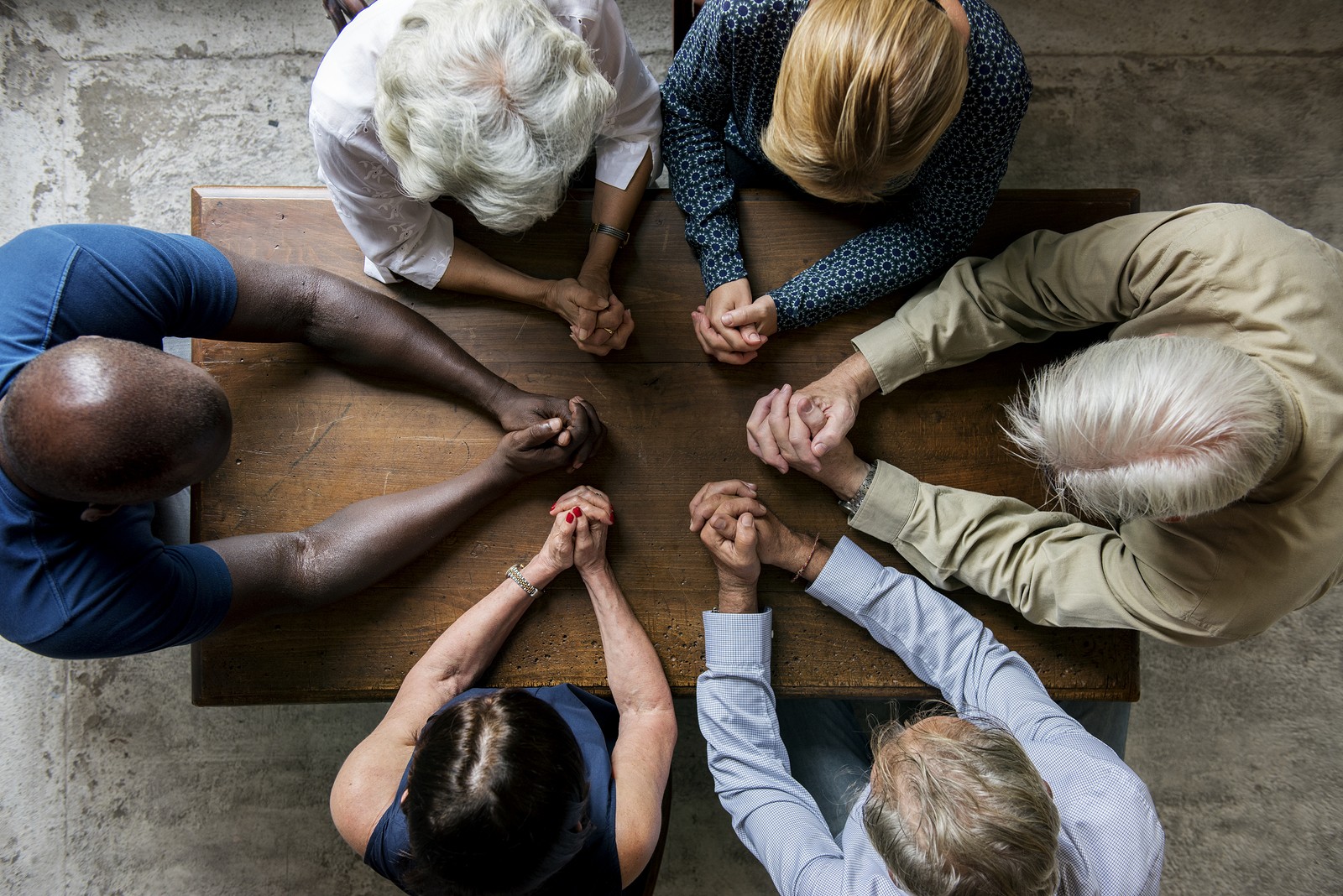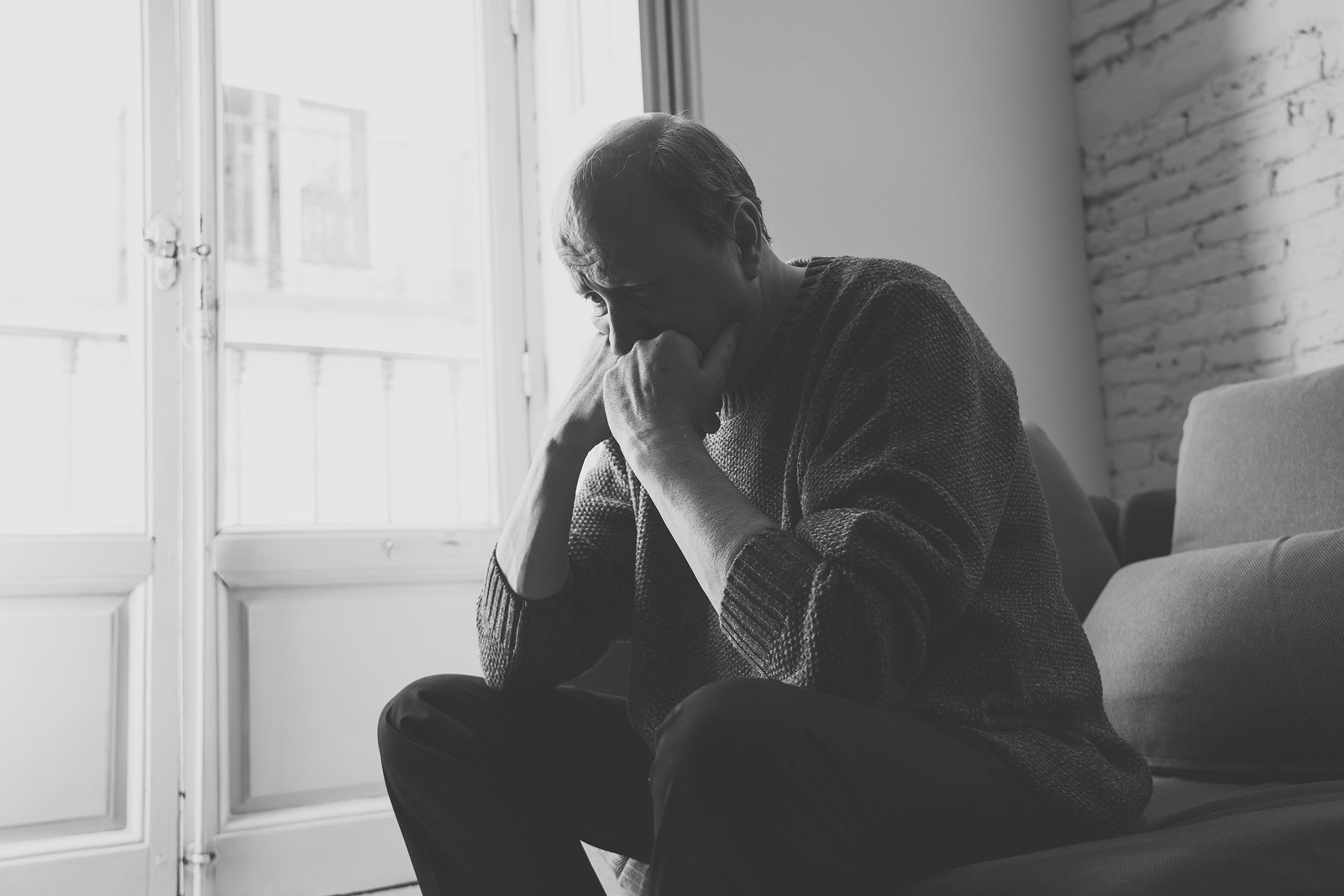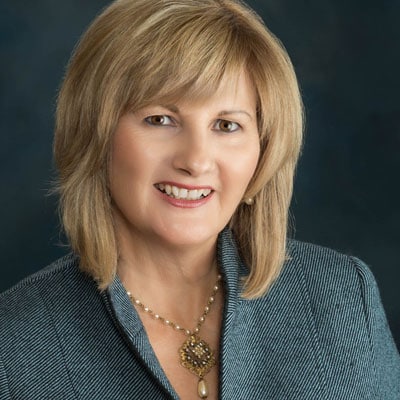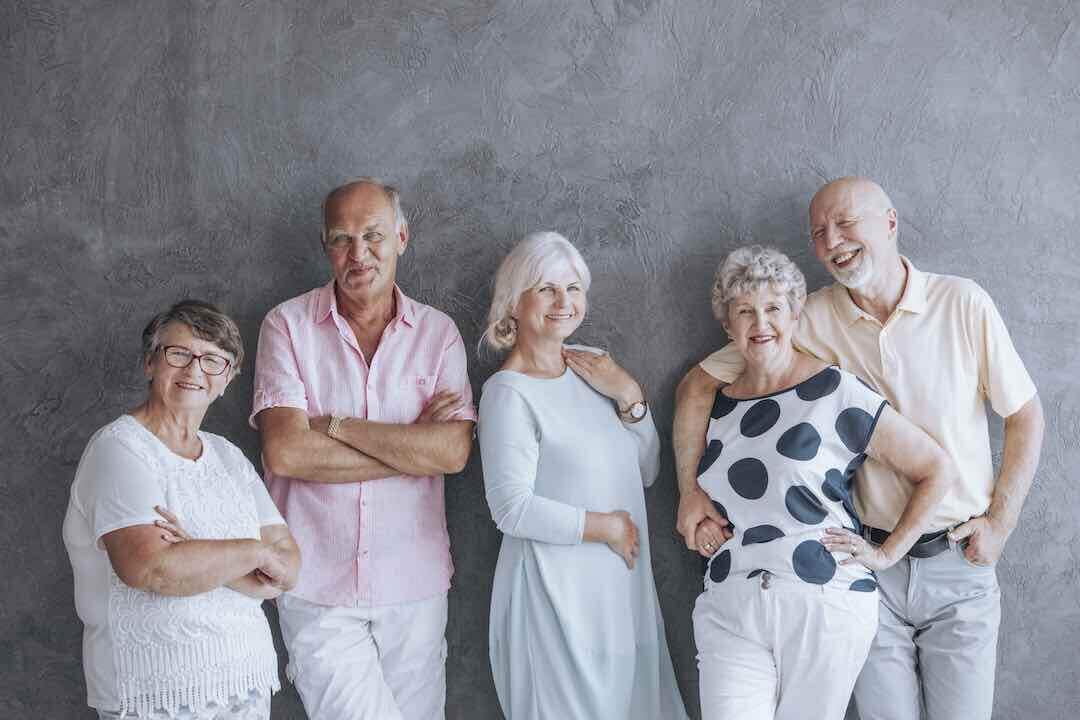By Diana Creel Elarde
How many times have you said to yourself or heard others say, I’m glad this year is almost behind me? Somehow the advent of the new year for many can signal the end of travesties of the present year, helping us to believe the new year will be different. It is as if symbolically that crossover from one year to the next gives us hope that a difficult time in our past year will be over and that days will get better. There can be excitement in the new. And for some that light, that hope of a better year, is enough to motivate us to start anew. How is it that hope brings new light to tomorrow?
Many psychologists believe that hope is a critical contributing factor toward a new outlook on life. It is the ember which can ignite a fire of change, giving a depressed person even a small inkling that the world can be a better place. The promise of a tomorrow better than today, a sign or a reprieve from feeling like our world is crashing. Hope is tied strongly to our will to survive. How is it that hope can seem to accomplish the impossible?
In simple terms, according to an article in Psychology Today (Dec 26, 2011) called The Will and Ways of Hope by Scott Barry Kaufman states, “hope allows people to form strategies and create a mindset critical to success. You can set all the goals in the world, but without hope you probably will never get into the game”.
Is Hope Lost?
Hope to me has been lost a bit, particularly with the emphasis on happiness. Don’t get me wrong, happiness and the pursuit thereof, can be a valuable tool to change your life. For several years I have participated in or helped direct groups following Gretchen Rubin’s model of the Happiness Project. In all groups, we found conscious activities centered on how to create more happiness in our lives did bring positive results. Both it seems can be complicated. And while happiness can be considered a state of mind (does that then mean we all have a choice? Maybe!) hope is sometimes tied with a desire and the expectation of positive change.
The happiness movement really had its roots in Positive Psychology. Positive Psychology was made mainstream by Dr. Martin Seligman starting in 2000. It is the study of what makes life worth living and has an applied approach to maximizing our functioning in the world. Happiness in itself was never meant to stand alone. Rather it was the idea of taking a full-platform approach to well-being; optimism, joy, hope and contentment are all important ingredients. Yet it is hope which can ignite the road to well-being.
There are several reasons why hope is viewed as so important:
- It is dynamic in nature, hope helps to motivate us
- Hope is an open mindset, making learning possible
- It helps us to get past the negativity in life
- Hope allows belief, both in ourselves and in the world we live in, to expand our lives in good ways
- Many say without hope there is no faith, no love
The Search for Meaning
The lessons of hope in our life can certainly be found in Victor Frankl’s book, Man’s Search for Meaning. For those who don’t know Frankl, he was a psychologist who wrote about his experiences as a prisoner in a German concentration camp during World War II. He used his extensive knowledge not only to help himself survive, but others as well. He chronicled his experiences in his book, and noted that even in the worst of situations, you can find meaning. How we are able see that meaning, or not, is a very personal journey. Hope, he concluded, is what gives our life meaning, it allows for belief in the future. Without hope in this most horrible of human conditions, people died and many times died quickly.
At times when I need a life adjustment, I think of a young man from Cambodia I wrote about years ago. His mother helped him and his siblings to escape from a prison camp after their father was killed. She had never been out of her small village and yet managed to bring her family hundreds of miles on foot across the country, hiding during the day and traveling only at night. She constantly reminded her children they were moving to sanctuary, even though she never named where that place was in the world. It was her hope, her light, that led her through the unknown to save her family and herself from certain torture and death.
In 2016, World Hope Cast was aired, a 60-hour continuous webcast with a series of hosts and interviews with over 80 people. It featured people from all over the world talking about difficult personal experiences and how hope came into their lives to help them to overcome their despair. Their brave stories were inspiring as examples of what we can do to overcome adversity and tragedy in our lives.
It is our connection to others that reminds us we are not alone; if others found a road to hope, perhaps we can too.
At the recent funeral for President George W. Bush, a reference was made to his inaugural address with his now well-known words – This is America … a brilliant diversity spread like stars, like a thousand points of light in a broad and peaceful sky.” What many don’t know is shortly after his speech, the non-profit organization Points of Light was created, providing humanitarian services around the world. From his words came a flood of volunteerism, mobilizing 4 million people to aid others, offering solutions to social problems around the world.
Where do you stand on a call to deliver hope in the world? It is easy to instead become part of the complaining group, that talks about how the world used to be so great, never giving or seeing the good and the beauty which exists today. And as most psychologists agree, the more time we spend in a negative frame of mind, the more likely despair and depression will enter our lives. So not only is it true that “we are what we eat”, we may also become what we think! Negative and nasty thoughts, words or actions become a magnet for more negativity. And yes, sometimes we may have to search for the good or for hope. But on the other side of the coin, most of us do not have to face the challenge of trying to find hope or meaning in a prison camp or along some unknown and dark forest trail trying to save our family. Perspective! We need to understand our perspective is our choice, and we can always decide to see a different perspective! That perspective could be hope!
Putting a New Perspective on our Perspective
In our search for meaning, for hope, in our personal life, there can be several things we could incorporate going forward.
- Actively look for hope in the world and acts of kindness, especially from those you least expect it from
- Understand that each person is the source of what determines the meaning in their world. We are the responsible person for our life!
- Look around, who do you know that is living in with hope, by their deeds or words? Perhaps spend more time with them.
- If problems seem overwhelming, chunk them down and look for the areas you can control and change. Many times, people try to “eat an elephant” in one gulp. One bite at a time might be a better approach.
- Look to an organization or a church which might have a support group
- Take time to think of what really matters to you. It is easy to allow the small nuances to have too much power in our life.
- Keep a daily journal of gratitude, or what makes you feel even the smallest hint of hope.
- Remember it is us who directs our attention and our thoughts. Make sure you are directing them to what you want.
- Understand we all go through dark days, all of us. We lose people who matter, our careers may stumble and fall, divorce may alter our family relationship, but within the chaos of change there is the hope of rebuilding our lives.
Hope is Found with Others as Well as Ourselves
There are organizations and places of worship such as churches, mosques or temples which offer support groups for people in need of hope. The website MeetUp has groups which offer a chance to connect with others who have experienced similar challenges. Keep in mind that these home-grown groups may or may not have a leader who is qualified to lead a group session. However, most groups, will have people who have walked or are walking the road to help find hope and meaning in their life. Studies have proven these types of groups are creditable in helping others to feel better. Feeling like we are alone is one of leading factors that can turn lack of hope into despair.
In my life I have coined an expression which has helped give me hope when things were dim. I call it creative waiting. I can think back to the days of my 20’s, 30’s or even 50’s when relationships broke apart, of times when my career seemed like it was more ending than thriving, but through it all my task was to creatively wait. Creative waiting is different than just waiting. Waiting is a passive act. Creating Waiting is me deciding in this moment I will absorb all I can, feeling that nothing in my life experience is wasted. All roads lead to my discovery of a life I hope for and want.
True to that thought, the new, the future, the change I hoped for would call to me and point me to my next venture. What did creative waiting do for me? It gave me hope. Simply enough, when trying to muddle my way through the tough days, they eventually got better when I envisioned myself being as creative as possible in the present moment. And with looking for better, I got better.
As we approach the new year, indulge yourself in hope. Looks for words of inspiration, signs that there truly are wonderful occurrences in the world every day. Give inspiration to find it. Think of the words from the late poet Shel Silverstein, found in his poem Listen to the Mustn’ts. Within it he lists all the negatives we are given so often, that’s impossible, don’t do that, never have, yet he concludes with a whisper of hope.
….Then listen close to me – Anything can happen, child, ANYTHING can be.
Perhaps in this New Year, bringing hope in your life will give meaning you can thrive in.
Diana Creel Elarde is a PSYCH-K® facilitator, author of the book, A Star in My Hand, and a three-time contributing author in the Chicken Soup for the Soul books. She also is an adjunct professor in Psychology at Mesa Community College. You can reach Diana at diana@insight11.com.
Hope copyright DElarde, 2018
Diana Creel Elarde is a PSYCH-K® facilitator, author of the book, A Star in My Hand, and a three-time contributing author in the Chicken Soup for the Soul books. You can reach Diana at www.emerginginsightsgroup.com or at diana@insight11.com.









